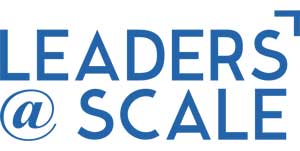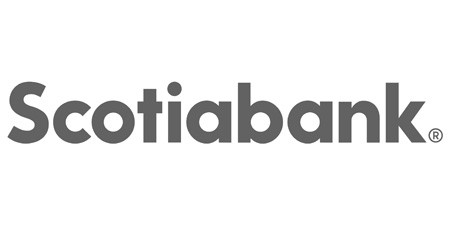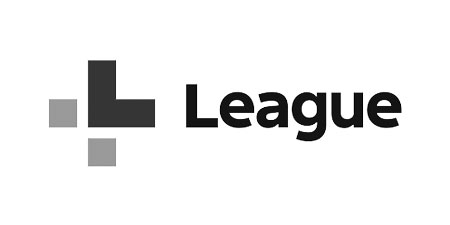September | Resilience
In spring 2022, I moved residence and drove 5,000 km from Toronto, Ontario, to Victoria, British Columbia, through beautiful (and boring) stretches of Western Canada. While I re-fueled my small hatchback about 10 times, I kept myself recharged with podcasts, phone calls, coffee breaks in beautiful vistas, and lots of donuts.
Now we’re in September, which often marks the start of a “new year” for many of us, whether it’s back to school for kids, or the official end of summer, vacations, and camping trips. The year’s not over yet, but we may feel a little frayed around the edges. Being intentional about where we spend our energy through the final third of the year calls for re-inspecting what resiliency can mean for each of us.
Resiliency isn’t just an intellectual exercise, it is a skill that takes into account our physiological needs. To handle all of our uncertainty, our nervous system is activated, expecting unexpected emergencies, ready to respond rapidly. No wonder burnout is a major issue in our workplaces — we see too often that people approach resiliency as simply holding on. Our creativity, presence, and problem-solving depend on how much rest and recovery our body has been presented with.
Resiliency means we’ll be able to endure occasional sprints, but also commit to specific habits that build in recovery time. Recovery doesn’t just have to mean beach days, or camping trips, or international vacations. What if recovery can be found in the small things, like a weekly yoga or meditation class, or bi-weekly coaching and therapy sessions, or turning off your phone notifications for a day?
Journal Prompts
In your final stretch of 2022, what, and who, will help you recharge in order to sustainably achieve what you want? What recharging habits would be helpful for you to engage in between now and the rest of the year?
Ready to take your leadership to the next level? Book a free call to see how one-on-one coaching can help you grow your career.
Further Reading
What if resiliency is about sustainability?
The idea that “resilience is about how you recharge, not how you endure” reframes resiliency in terms of our biological, energetic needs. We often see resiliency represented in mainstream media to look like endurance — athletes barely making it to the finish line, or the main character enduring intense elements of hardship but having the emotional stamina to get there. Read the full article at Harvard Business Review.
What’s On Repeat
Songs we can’t get enough of:
Today’s edition of the L@S Newsletter was composed by Alvin Pilobello. Alvin is a professional coach, salsa dance instructor, and former water engineer. He has a passion for what makes the world go around: water, dance, and connection. He helps people make sense of the diversity within others and themselves to encourage connection and develop innovative, systems-based (vs. linear) approaches to working relationship challenges.











Leave a Reply
Want to join the discussion?Feel free to contribute!